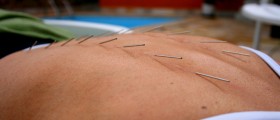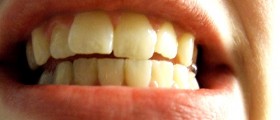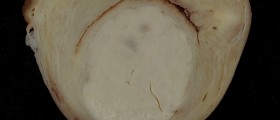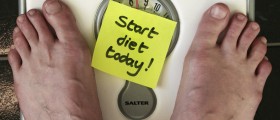
Bicornuate uteri come in all kinds of degrees. Sometimes, the defect is barely noticeable. In some cases, the uterus is affected so badly that it almost looks like the woman has two uteri! A bicornuate uterus can certainly result in complications, and the most well-known of those is recurrent miscarriages especially in the second trimester of pregnancy. Data suggests that women with a bicornuate uterus have a 63 percent chance of sustaining a pregnancy.
Preterm labor is also associated with having a bicornuate uterus. It would make sense to presume that a heart-shaped uterus also causes fertility problems. Recent studies did not find a connection between conception rates and this particular uterine abnormality. In fact, other recent studies even question whether first trimester miscarriages are caused by a bicornuate uterus. Researchers think these early miscarriages are most likely to be caused by other factors, even if a bicornuate uterus happens to be present.
If you are aware that you have a bicornuate uterus and you are experiencing trouble conceiving, it might seem logical that your heart-shaped uterus is the culprit. In truth, the latest data suggests that this is not likely. But if you are experiencing any problems in conceiving, you should certainly see a doctor about it especially of you have trying to conceive for longer than a year without success. It is also worth asking your doctor to look into whether you could have a septate uterus instead of a bicornuate uterus. This uterine abnormality can cause more complications that a bicornuate uterus.
- www.ncbi.nlm.nih.gov/pmc/articles/PMC5532105/
- Photo courtesy of COD Newsroom by Flickr: www.flickr.com/photos/codnewsroom/38715683562/
















Your thoughts on this
Loading...